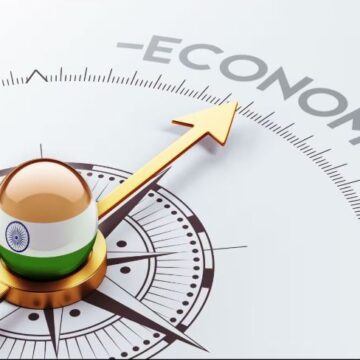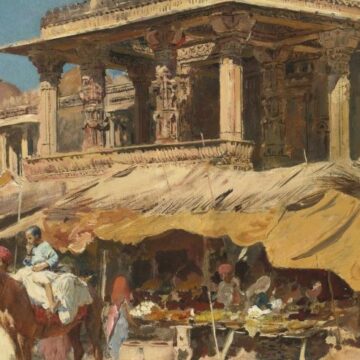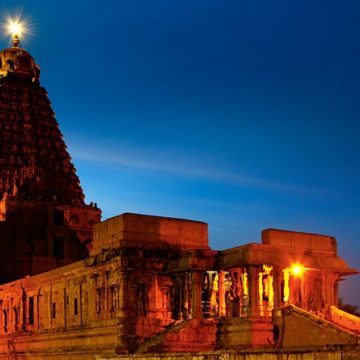The previous parts were an attempt to summarise the Indian economic story from its ancient roots until the end of British rule from various sources. The understanding of the Indian economy after independence also tends to be a little complex for a layperson to understand because of conflicting opinions. However, the overall story is one of hope and pride rather than shame and disappointment. This part also includes selected references and further readings for those interested.
Tag: <span>Economy</span>
Understanding Indian Economy: Ancient To Modern – Part 3
In the previous parts, we looked at the ancient and mediaeval Indian economies and the impact of European colonialism on India and the world. The British left in 1947, our economy was in shambles, and there were many problems with the intellectual narratives set by the colonials. This part is an assessment of British rule in India and where we stood at independence.
Understanding Indian Economy: Ancient To Modern – Part 2
Part 1 of this series was a summary of the ancient Indian economy. In this part, we shall look at the mediaeval economy of India, which began with the fall of the Gupta dynasty in the 7th century CE and finally culminated with the beginning of the Delhi Sultanate in the 13th century CE. This part also covers the important rise of Europe in dominating the world order through its colonial expansion and how it specifically impacted India too.
Understanding Indian Economy: Ancient To Modern – Part 1
"For a long time, Marxist historians had a hegemonic hold on only one type of discourse. Marxist linear history represents India and its traditions as the past, or decadence, and the West as the future, or progress. In a world where globalisation, trade, and mutual exchange are a given, it is disagreeable to argue that perhaps we needed an invasion or colonisation to open our eyes to the world."
Dharma, Dhanda, Digital: Examining the Suppression of India’s Commercial Ethos Through the Ages
Ancient and mediaeval Indian kingdoms relied heavily on active commerce, both domestic and international. Indian economy has come full circle, after a long period of colonial suppression followed by oppressive socialist policies post-Independence, rediscovering its identity as a capitalist economy built on the industriousness and innovation of small producers and merchants.
Globalisation, Economy and Rashtra in Dharma traditions
Dharmic knowledge is an untapped resource which could help alleviate many problems of the modern world.



